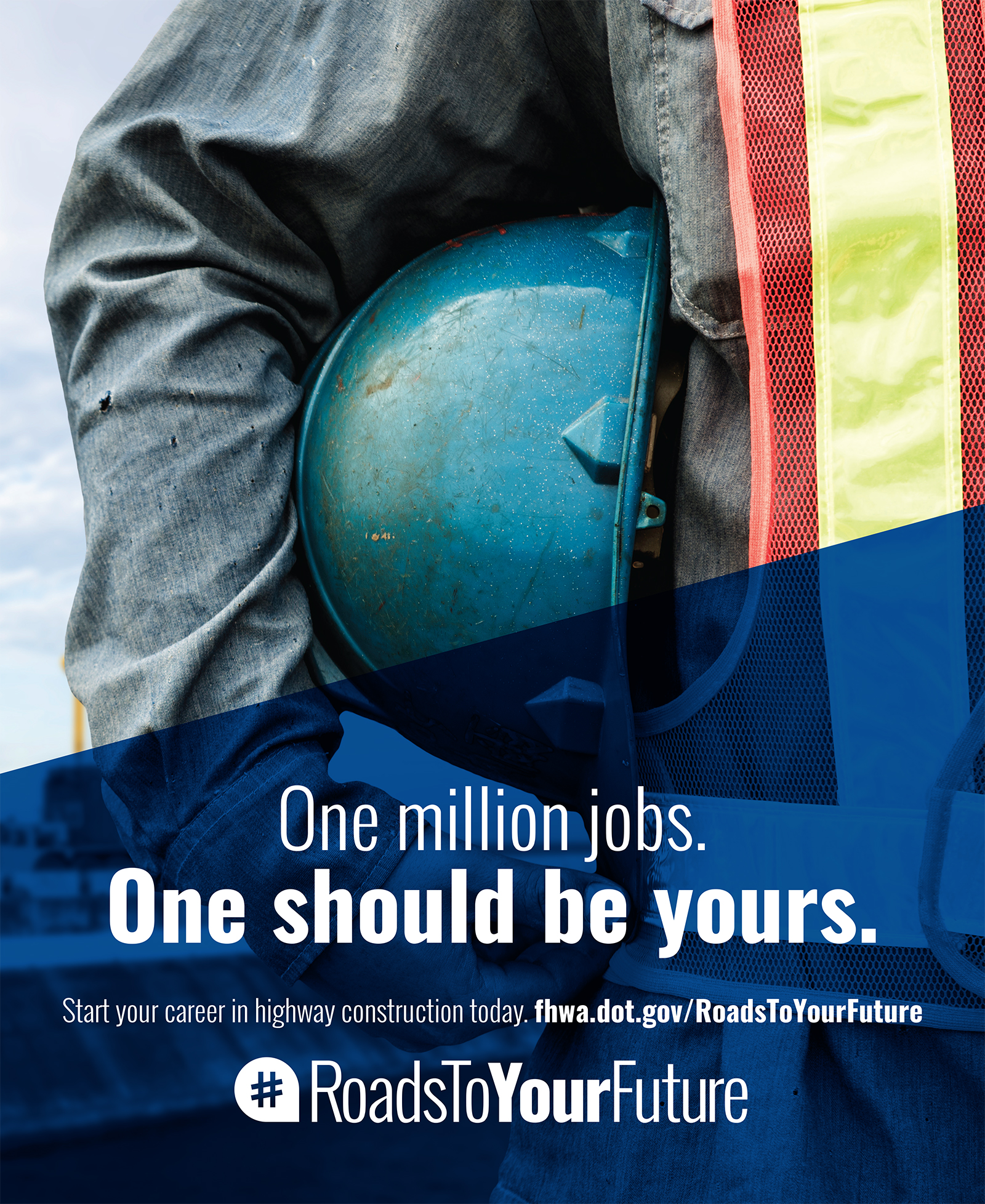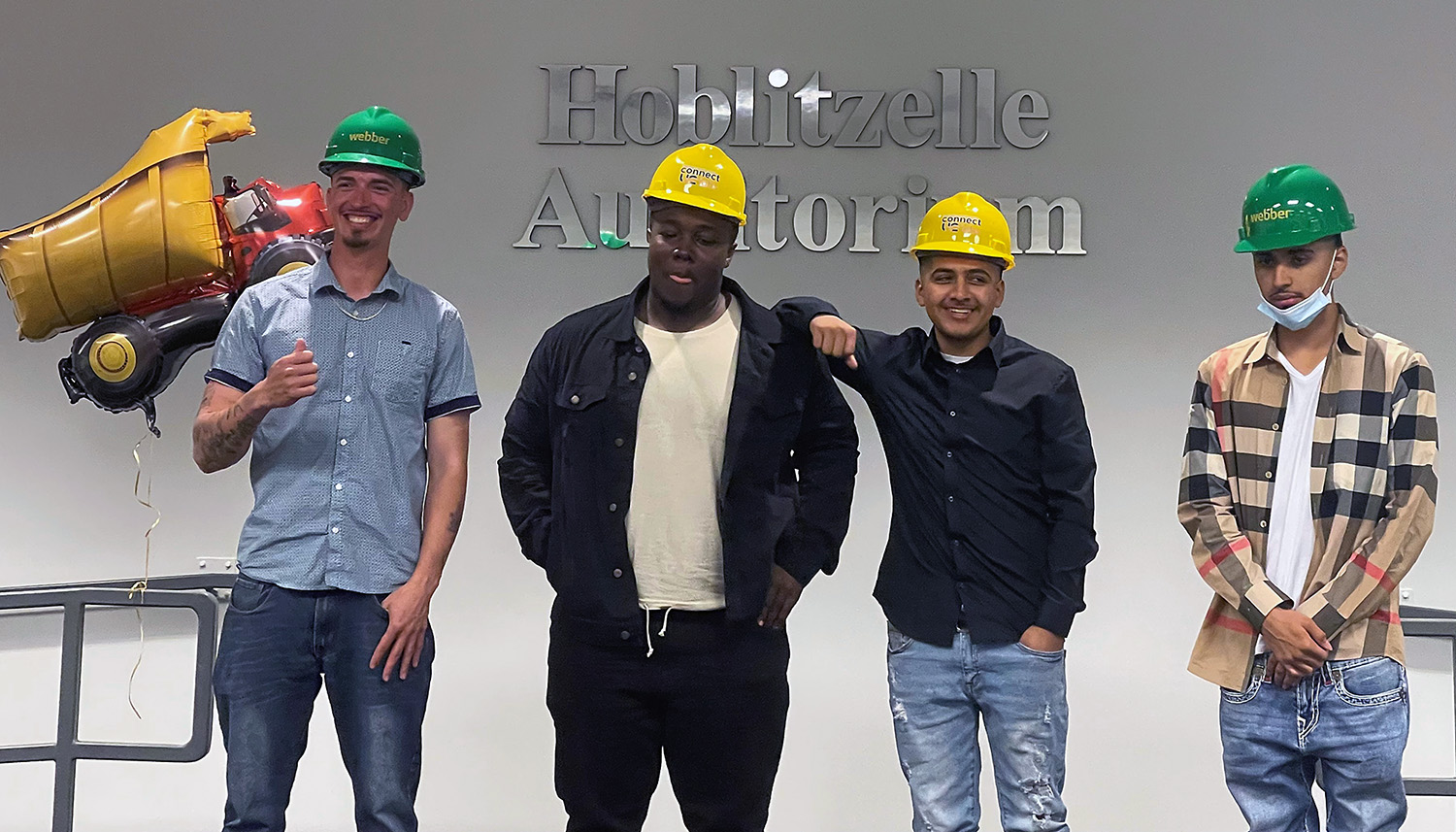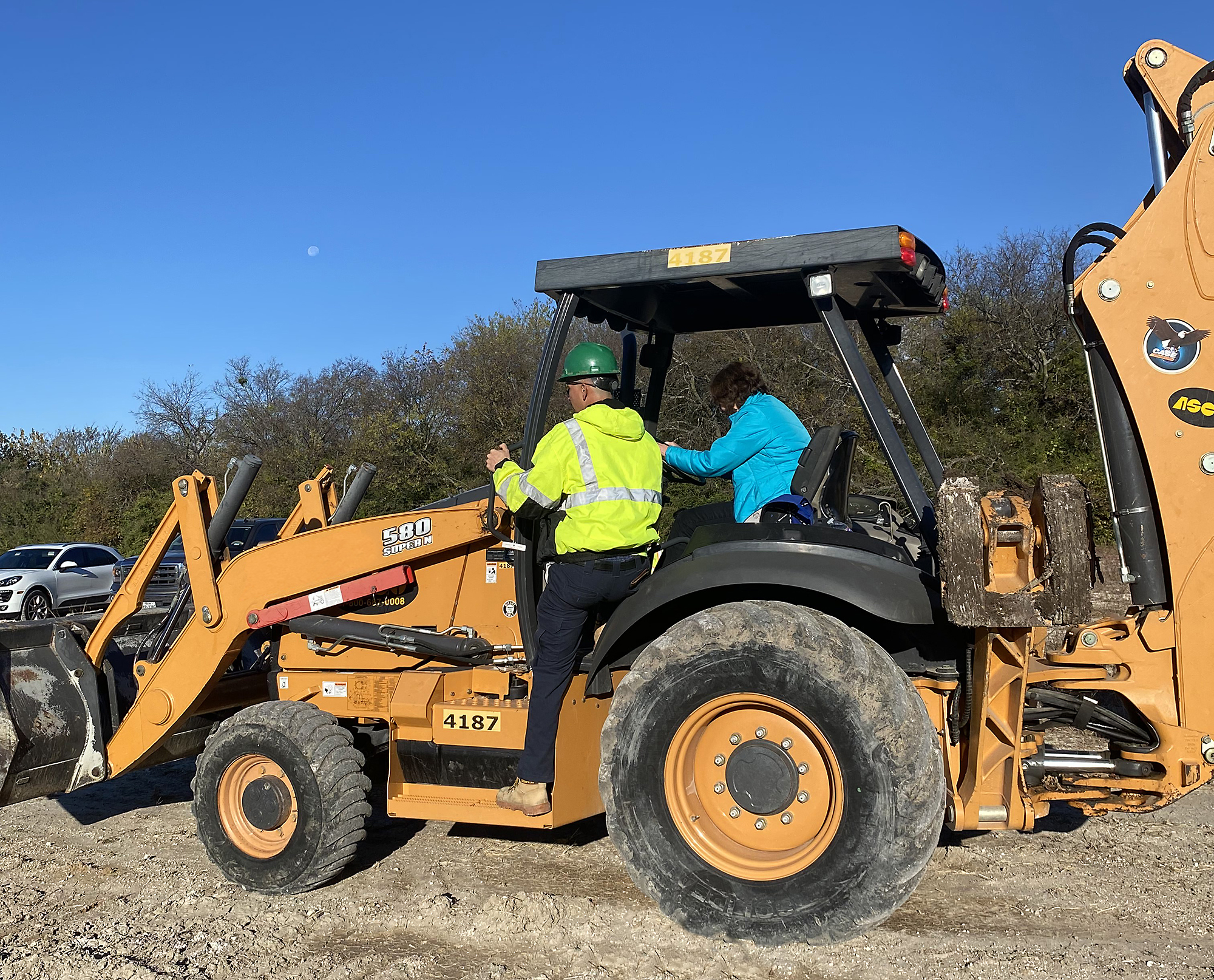
ConnectU2Jobs Graduate Shares Program Experience to Inspire Others
To fill vacancies across the highway construction workforce and help maintain safe roadways for all, the Texas Department of Transportation (TxDOT) established its ConnectU2Jobs program. ConnectU2Jobs is a Highway Construction Workforce Partnership program that prepares and trains justice-involved young adults between the ages of 18 and 24 for lasting careers in the highway construction industry.
In addition to TxDOT, the partnership includes the Federal Highway Administration, the Texas Workforce Commission, Dallas College, Workforce Solutions Greater Dallas, the Regional Black Contractors Association, the Regional Hispanic Contractors Association, Lone Star Justice Alliance, and the Associated General Contractors of Texas.

FHWA’s Strategic Workforce Development Toolkit is new and improved with materials such as posters, flyers, postcards, and exhibit banners.
Credit: FHWAConnectU2Jobs is designed to offer career opportunities to individuals who typically may not be provided access to such options. The program is based on an “earn-while-you-learn” concept that allows participants to earn income while receiving classroom-based instruction and on-the-job training.
Recognizing a Life-Changing Opportunity
For Jeremiah Ramos, ConnectU2Jobs provided potential at a time when his future prospects seemed bleak. Ramos had dropped out of high school during ninth grade and had very little work experience after serving time in the Texas criminal justice system. He first heard about the ConnectU2Jobs program during a meeting with his probation officer and a judge. He says it offered him the chance to become a heavy equipment operator—a job he had been interested in for a few years but was not sure how to pursue.

Jeremiah Ramos, left, with other graduates from his Texas ConnectU2Jobs training cohort: Tarone Taylor, Eddie Nino, and Carlos Mendoza.
Credit: FHWA“I saw an opportunity to do something I would enjoy in a positive environment,” said Ramos. “Instead of going back to my old ways, I had a chance to do something to better myself—and the lives of the people around me.”
“This program opened doors I never thought existed,” he continued. “After I completed the training, I was lined up with a job as a laborer right away—in just 3 months, I got a promotion.”
Receiving Support on the Road to Success
Ramos joined the ConnectU2Jobs inaugural class of 10 students in completing classroom instruction and on-the-job training. Throughout each step, the program provided resources like housing, transportation, and meals to help participants succeed.
From day one, he says the support he received made him feel unstoppable. “We were given gas cards to get to the college for class,” said Ramos. “The program prepared us for stepping out into the field with real machines, but they also taught us everything from mathematics to basic life skills like saving and budgeting.”
For additional support, students were paired with transition coaches who served as mentors both during and after the program. Since graduation and beginning his highway construction career, Ramos has seamlessly stepped into a mentorship role for new students.
“Someone showed me the way forward, and I feel like it’s my job to share that,” said Ramos. “Coming into this industry can be scary. Every job is different. I make sure to teach new students everything I’ve learned.”

ConnectU2Jobs participants receive both classroom instruction and on-the-job training.
Credit: FHWAFocusing on the Future
Ramos was quickly hired by Webber, the Texas construction firm where he completed his on-the-job ConnectU2Jobs training. Lawrence Texada, a regional human resources business partner at Webber, said it was instantly apparent that Ramos had a lot of potential.
“From his very first project, we knew he was going to be successful,” said Texada. “I can’t wait to see where he is in 5 or 10 years. He has the drive to become a supervisor and make $120,000 to $130,000.”
“From personal growth to financial gain, the outside public doesn’t understand how rewarding construction is,” Texada continued. “To see the look of joy on the faces of these individuals when they succeed, it’s like watching my own child accomplish something.”
Ramos said ConnectU2Jobs has not only motivated him to advance at work, it also has inspired him in his personal life. “Some of the classes actually helped me pass my GED and prepared me to buy a house,” said Ramos, who encourages others to take advantage of the opportunity. “You’ve got to have faith in the program, and in yourself. Just go for it.”
—MORE INFORMATION
Read a case study on the Texas ConnectU2Jobs program.
Contact Chrisy Currier, FHWA Strategic Workforce Development program manager, for information and technical assistance.
Contact Kim Hunziker of TxDOT to learn more about the agency’s ConnectU2Jobs program.
Visit FHWA’s Highway Construction Workforce Partnership/Strategic Workforce Development webpage for case studies, pilot profiles, marketing materials, and more.
Notice: The U.S. Government does not endorse products or manufacturers. Trademarks or manufacturers’ names appear in this article only because they are considered essential to the objective of the document.
Recommended Citation: U.S. Department of Transportation, Federal Highway Administration - Washington, DC (2022) Innovator Newsletter, November/December 2022, Volume 16 (93). https://doi.org/10.21949/1521886
- Cover
- ConnectU2Jobs Graduate Shares Program Experience to Inspire Others
- Hawaii DOT Gets Fast and Furious Installing Raised Crosswalks
- States Report Success with Highly Modified Asphalt
- Innovations Help States Deliver Award-Winning Projects
- States Innovate
- Crash Responder Safety Week
- About Innovator



